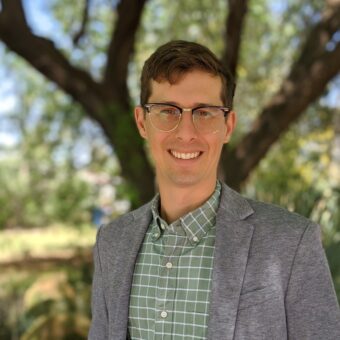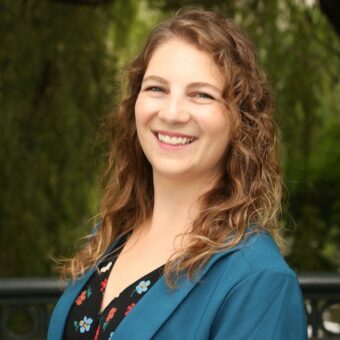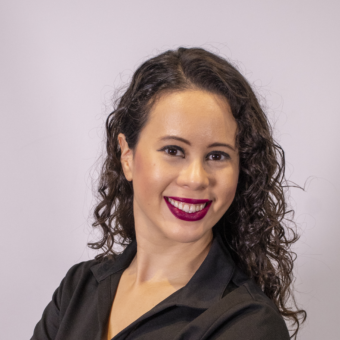Arizona Consortium for Community Engagement, Innovation, and Learning on Consent-Based Siting (CCEIL-AZ)
Program Areas – Science and Technology Policy, Complex Socio-technical Systems, Education and Engagement
Project Objectives:
This two-year project seeks to build a participatory engagement framework to potentially inform a consent-based siting process for an interim facility for high-level nuclear waste. It will build a network of partner organization across Arizona, including the Arizona Library Association, Arizona Faith Network, the SciTech Institute, and Arizona Science Center, to engage schools, libraries, local and regional governments, civic and religious organizations, tribal councils, and organizations representing historically marginalized and underrepresented communities across the state.
The project will progress through three phases:
In phase one, the team will work with project partners to develop immersive and community-tailored engagement activities about energy futures, nuclear energy, and nuclear waste siting that capture the questions, hopes, and concerns of a diversity of communities across the state. Concurrent with these activities, a group of writers and researchers will craft fictional stories highlighting a range of potential Arizona energy futures that can be used to seed discussions and inform other activities.
In phase two, the team will use findings from the first phase to develop and host large scale community deliberations across Arizona to provide a platform for discussing and proposing important characteristics of consent-based siting processes. As in phase one, these deliberations will reach a diversity of communities across the state.
The third and final phase of the project will consist of data analysis and results sharing, highlighting which community strategies were effective or ineffective, what priorities and concerns Arizona residents hold about consent-based siting, and how lessons learned from the project can inform future consent-based siting processes. In aggregate, these results are geared toward the ultimate aim of informing the development of just, equitable, participatory tools and engagement strategies that can be replicated in other locations for consent-based siting of nuclear waste and related issues.
Project Background
The United States has been wrestling with the management of spent nuclear fuel for over seventy years and still has no long or short term storage or disposal facilities. This has left nuclear power plants with no choice but to manage their own high-level waste on site, costing taxpayers millions and invoking serious environmental justice concerns for surrounding communities that did not consent to nearby long-term waste storage. In 2008, President Obama appointed a “Blue Ribbon Commission for America’s Nuclear Future” tasked with finding a better approach for managing nuclear waste. The BRC, composed of nuclear experts in policy, science, and engineering, engaged with nuclear communities in the U.S. and abroad to better understand how these communities grapple with radioactive waste and what approaches might be useful for restarting the discussion of waste management. The commission’s report highlights several systemic issues in the U.S. approach, including a history of technocratic decision-making that did not meaningfully, if at all, engage with the public. They noted a lack of trust in DOE to fairly manage nuclear waste and recommended that DOE explore a “consent-based siting” approach.
In response, the DOE held a set of public roundtable meetings in 2015 that focused on gaining insights from the public. Their 2016 report, “Design of a Consent-Based Siting Process for Nuclear Waste and Disposal Storage Facilities,” dovetailed with the BRC recommendations, noting a systemic lack of trust from the public and the complexity of public values regarding nuclear technologies. Subsequently, DOE contracted with the Expert and Citizen Assessment of Science and Technology (ECAST) group affiliated with Arizona State University to hold nation-wide public discussions to better understand public values towards nuclear waste management. While the initial project was canceled in late 2016 by a new presidential administration, in 2021-2022 DOE recommitted to consent-based siting by issuing a call for integrated waste storage for interim facilities, while also providing the public with insights into the process of how the DOE understands a new role for the public to engage with this process.
The current project resurrects and expands upon the original ECAST project on a state-wide scale to provide insights into how one state can offer a representative view on nuclear technologies and their byproducts, as well as demonstrate how a state has a unique relationship to nuclear technologies that need to be considered in consent-based siting. Understanding the motivations and rationales for why a state may or may not “consent” to being a host state can inform the long-term planning of engagement efforts. Further, the history of state-level negotiations and concerns show that a lack of state-level engagement can “make or break” siting efforts.
Funder
This project is supported by the U.S. Department of Energy (DE-FOA-0002575) to inform the development of consent-based siting approaches for high-level nuclear waste interim storage facilities through providing resources to communities within the continental United States interested in learning more about consent-based siting, nuclear waste management, interim storage, and siting considerations to foster the development of innovative community ideas and feedback related to the interim management of spent nuclear fuel and high-level nuclear waste.
Project Partners
- Partners for Community Engagement
- Partners for Evaluation
- Partners for Narratives
- The Consortium for Science, Policy and Outcomes (CSPO) at Arizona State University
- The Museum of Science, Boston
- The Expert and Citizen Assessment of Science and Technology (ECAST) Network
Meet the Project Team
Principal Investigators
-

Mahmud Farooque
Associate Director, CSPO
-

Darlene Cavalier
Professor of Practice & Founder, SciStarter
-
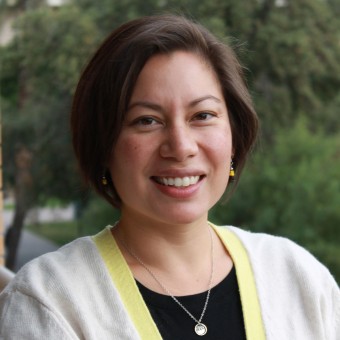
Jennifer Richter
Associate Professor
-

Christina Ngo
Executive Director of Social Embeddedness, ASU Office of University Affairs
-
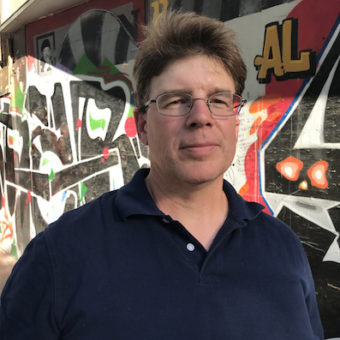
David Tomblin
Director, Science, Technology and Society Program, University of Maryland, College Park
-
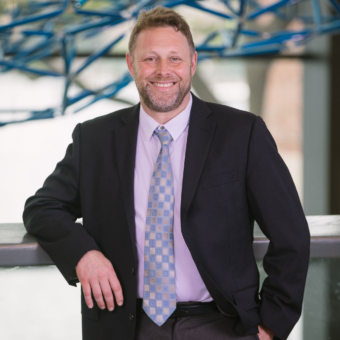
David Sittenfeld
Director, Center for the Environment, Museum of Science, Boston
Additional Team Members
